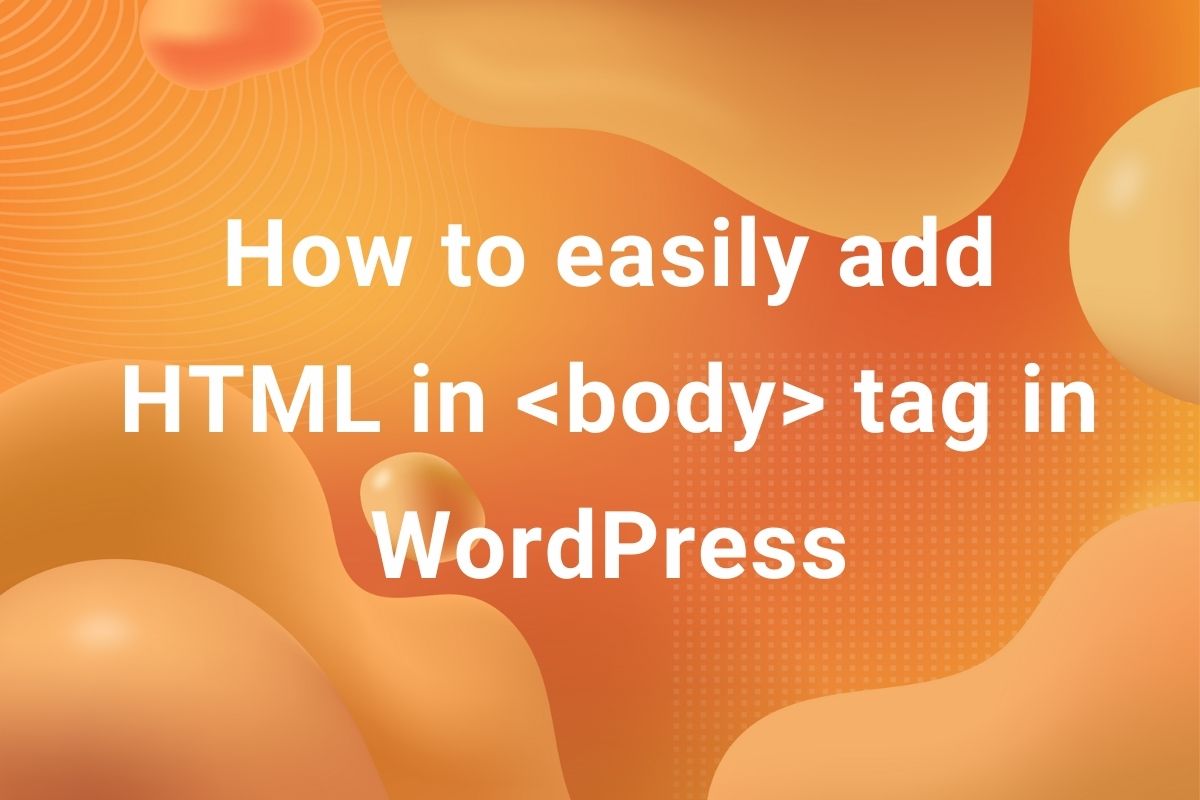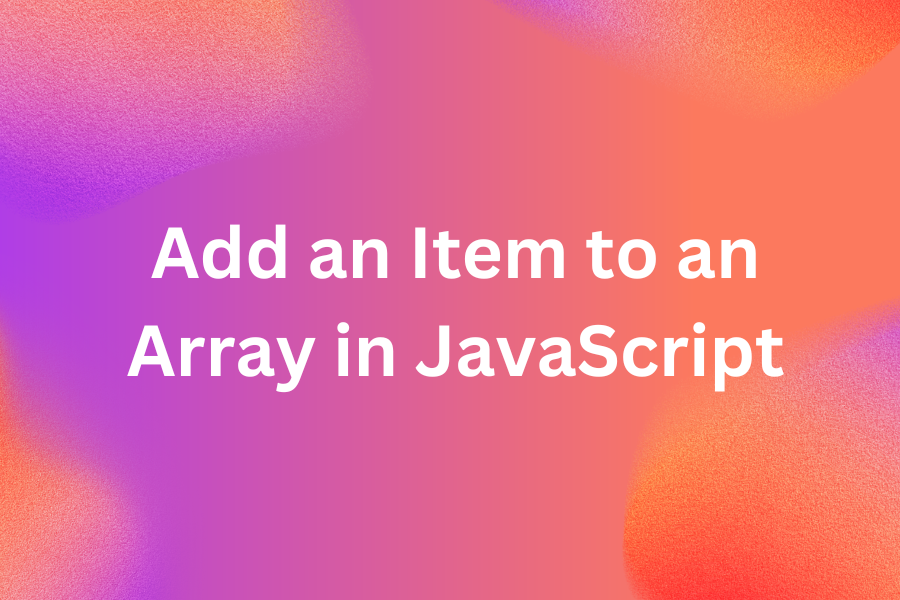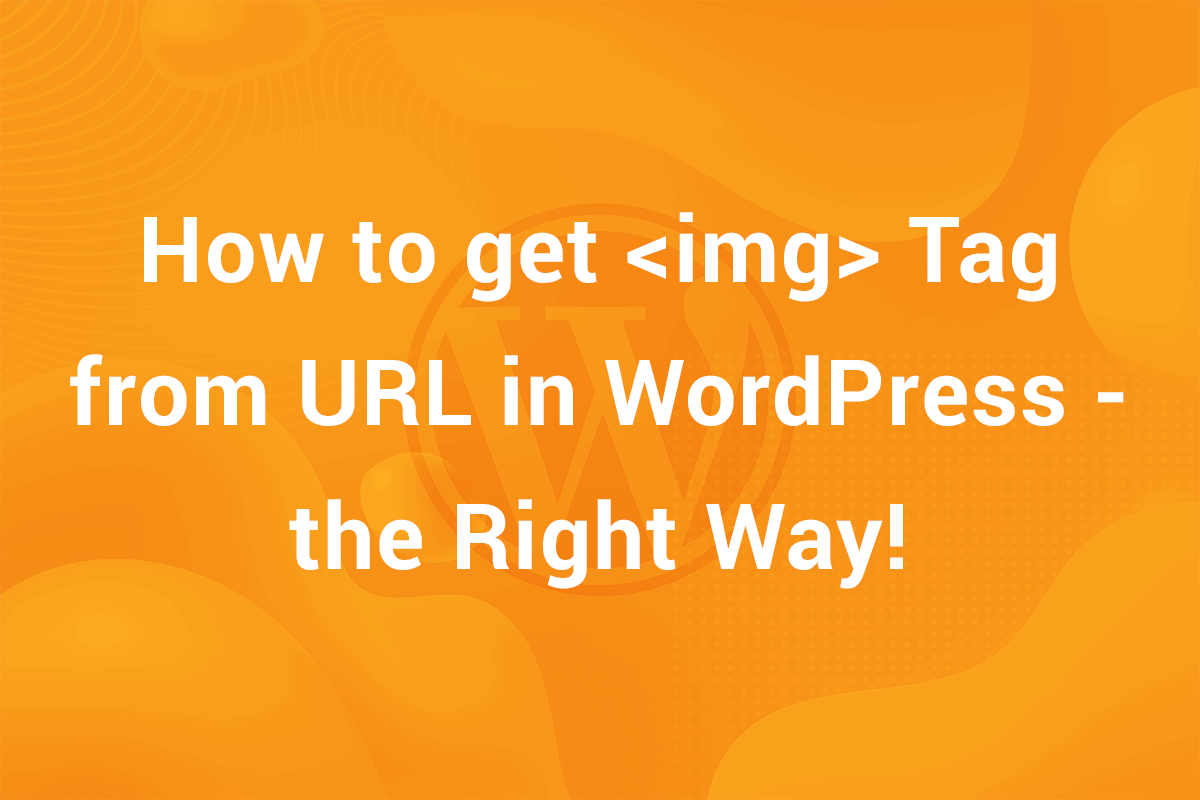If you have ever created a website on WordPress, you would certainly have experienced that websites tend to get slow over time with increasing amounts of content and database. This could hamper your website performance and in turn, affect your website’s presence on the web. A sluggish site is not good for SEO. In this article, we would take a look at some of the basic things you could do to optimize your site for better and faster loading. Ao, without further adieu, let’s get started.
Keep your Media Library clean
One of the largest guzzlers of server space is the media library. After a while, we stop keeping count of how many images we have uploaded in the library. That’s a bad habit our library should be updated regularly and all the unneccessary images should be removed. Plugins such as Media Cleaner can be of great assistance in this regard. They can certainly help sort out the mess in the media library. But, BE VERY CAREFUL while using this plugin as if there are certain images being used as background or are used by CSS or JS in some way without being known to WordPress, this plugin treats them as unused images and delete them. So, it is STRONGLY RECOMMENDED to make a backup of your site if you are using this plugin.
Regulate your use of plugins
One mistake lay-men make while creating websites in WordPress is that they rely too much on plugins. While plugins are awesome tools to make your site better equipped and more featured, they can also be a burden on your server if used incorrectly. Like the saying goes, “too much of everything is bad”. Plugins are there to help us out making our life easy creating amazing websites, but using defective or useless plugins for simple tasks can complicate the problem.
Just use the bare minimum of plugins that are super essential to your site and invest in a developer to decrease your dependence on plugins. It’s totally worth it.
Rethink the use of a Page Builder
Page Builders are the talk of the town nowadays. They can help create complex layouts without needing to know any code. Page Builders do make life easy. But as more saying goes, “there are no free lunches”, there is a price to pay. Page Builders are bulky and can put a lot of load on your servers and even your laptop while loading a page builder created site.I have a decent laptop and it gets really noisy and hot whenever a page-builder generated page is loaded.
Also, since WordPress now has its own Block Editor, do a double check on your need for a third party page builder. The Block Editor is capable of handling a lot of ‘Page Building’ and with the help of a developer worth her/his salt, it can do wonders.
Optimize the Uploaded Images
While media is a major factor impeding the speed of a website, images do form an important part of content. You just can’t simply ignore them. Third-party sites such as tinypng.com can be used to compress the media images. Another alternative is the webP format. webP is an image format developed by Google for highly compressed images for web. There are some plugins like the webP Converter for Media which convert media files in webP format. It is optimized for web. It can be really useful especially if the site contains high number of images.
Using Optimization Plugins
I know I told you to minimize the use of plugins but there are certain plugins you need. Optimization plugins are certainly one of them. Plugins such as W3 Total Cache and Autoptimize offer a bunch of features which help optimize your site including critical CSS, CDNs for media, minification among others. These can be really helpful in decreasing the loading time of our site.
So, these were some of the most basic steps you can take to optimize your site without needing any code. Hope this helps you create your next awesome website at the maximum efficiency saving your server resources. Want to learn more about WordPress, check out our blog at https://indithemes.com/blog.



